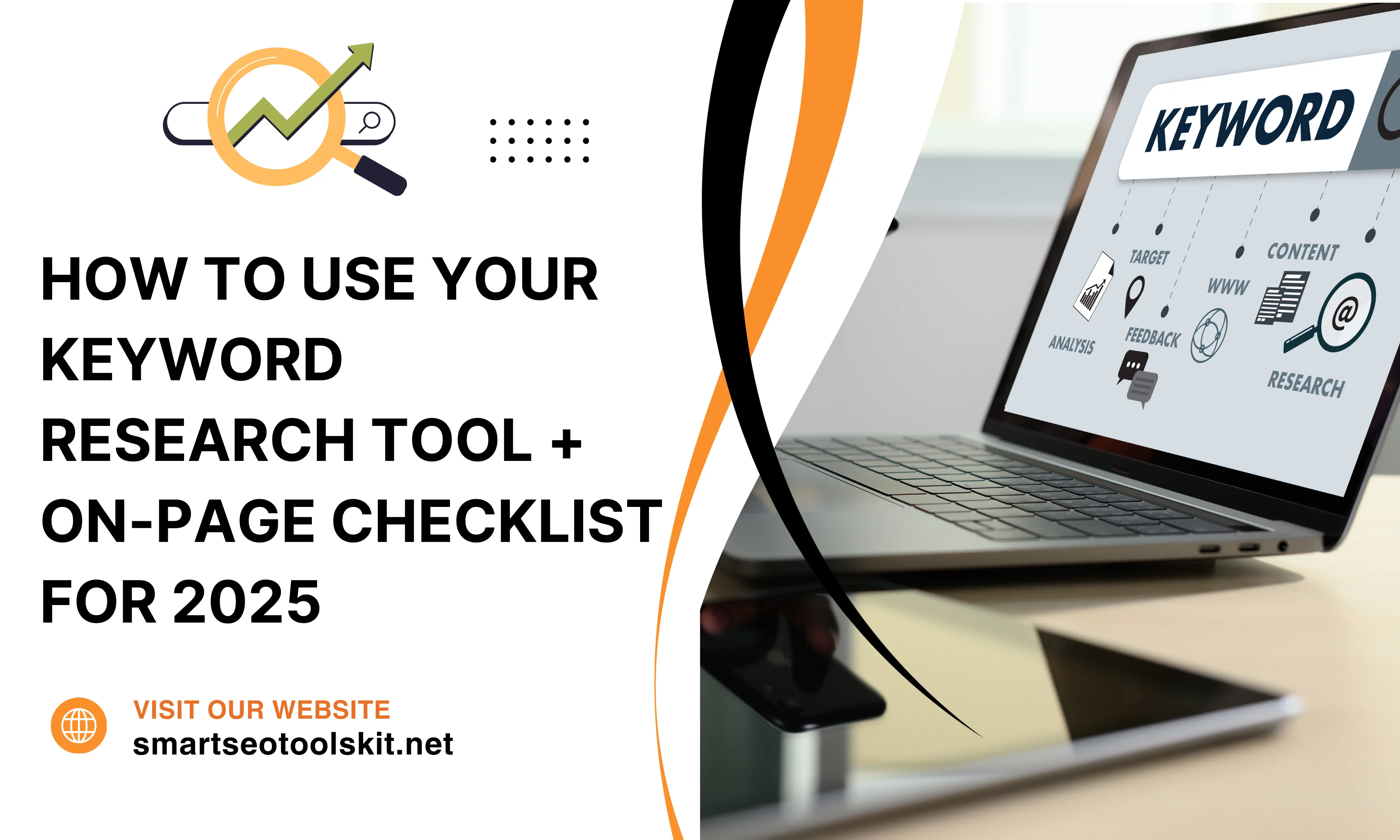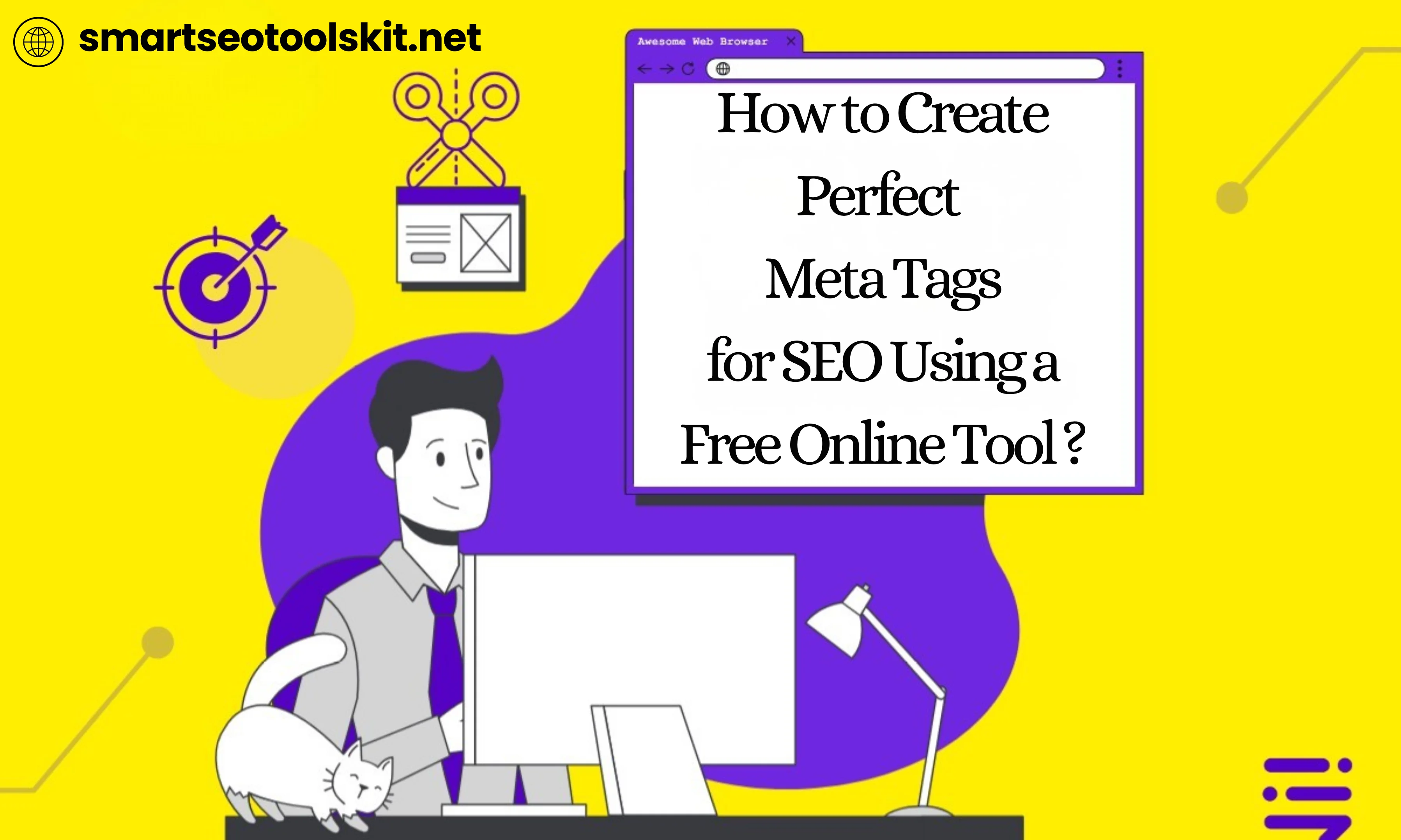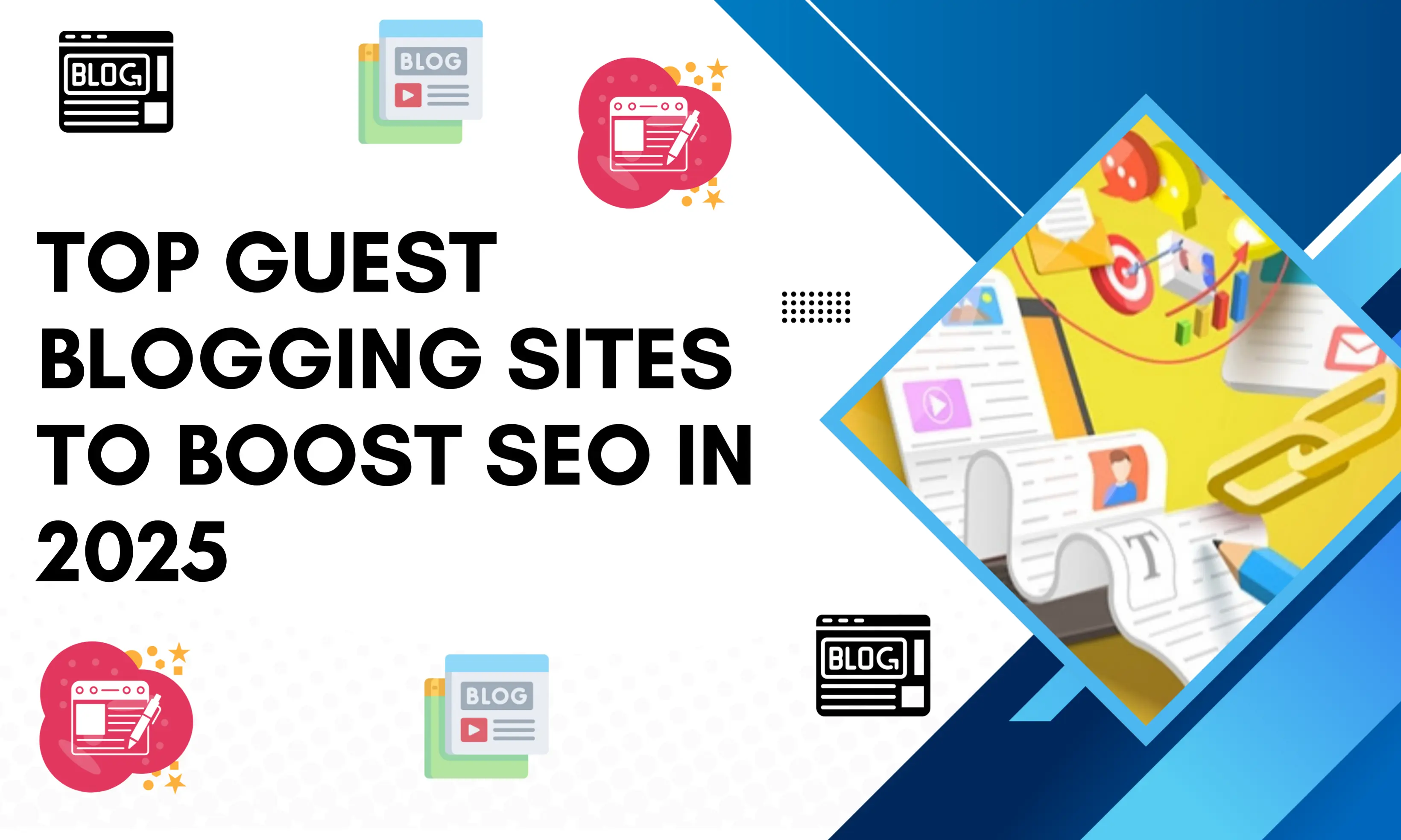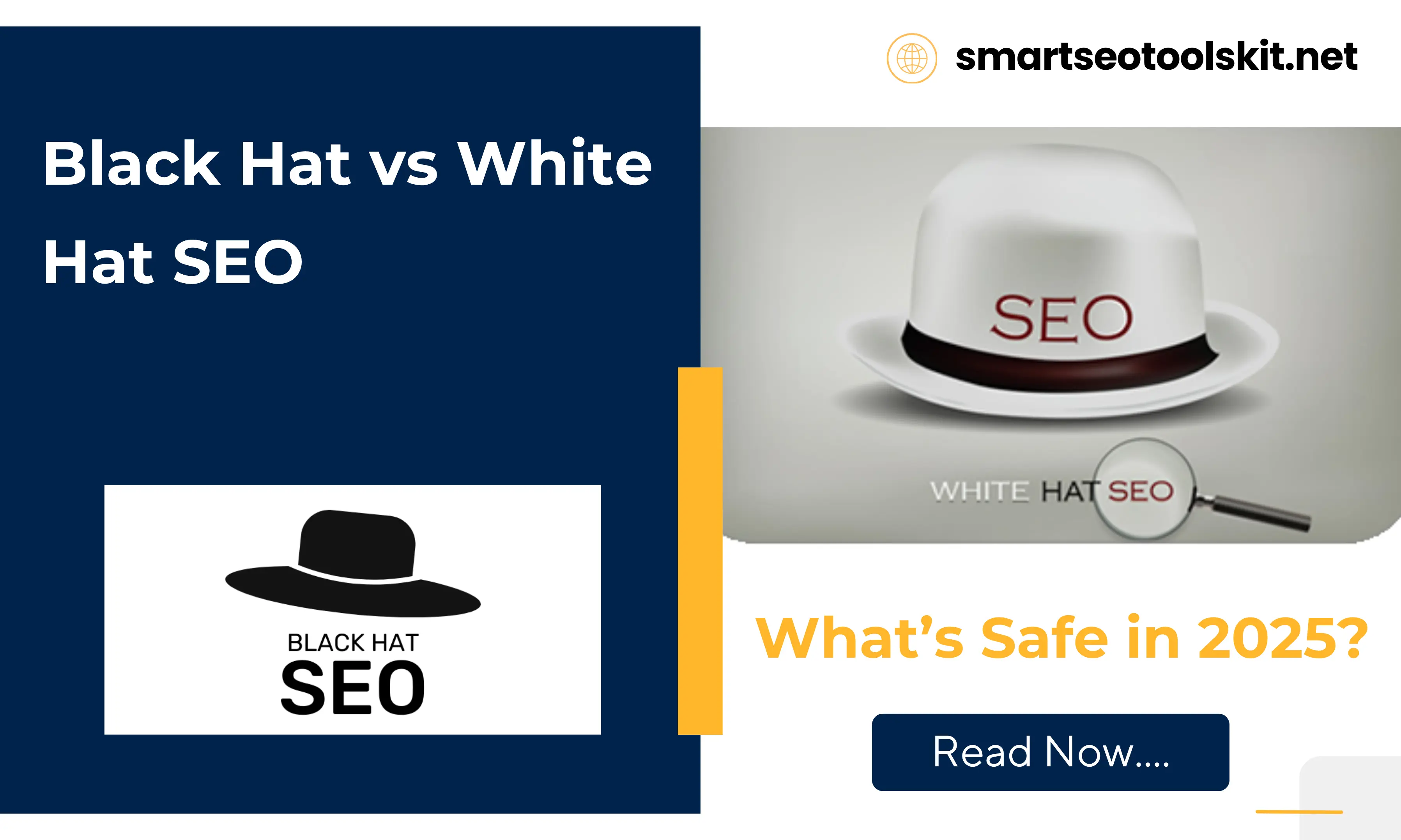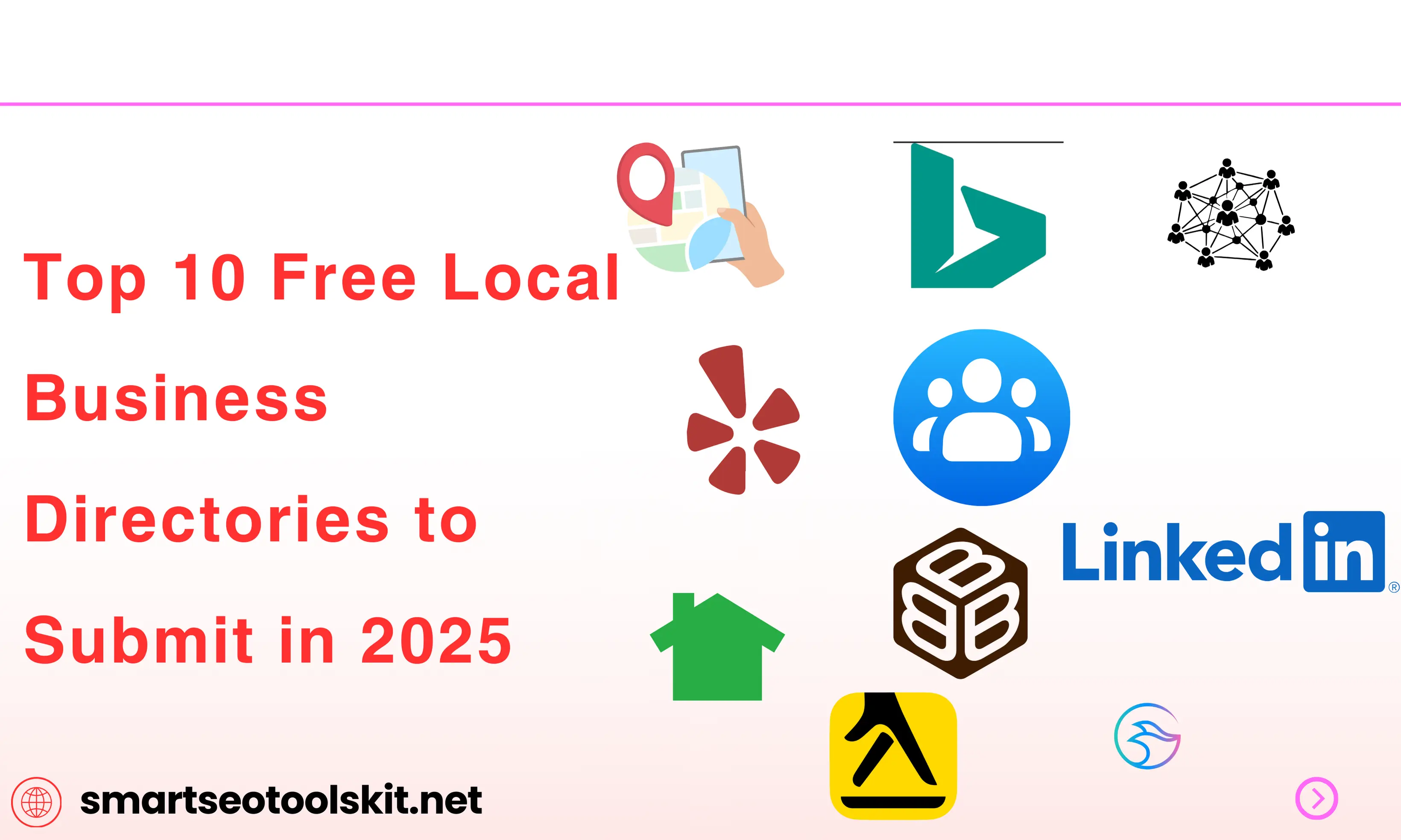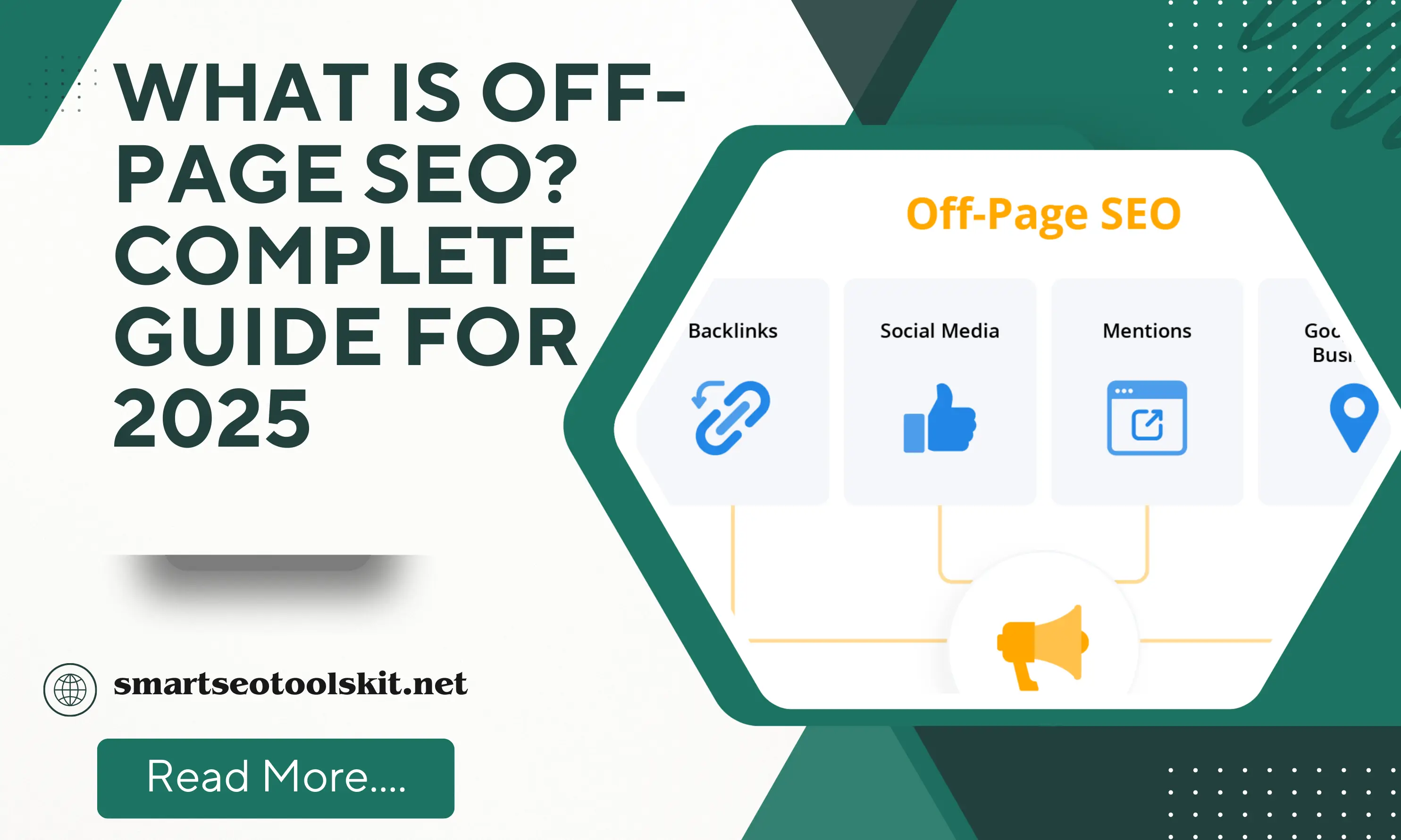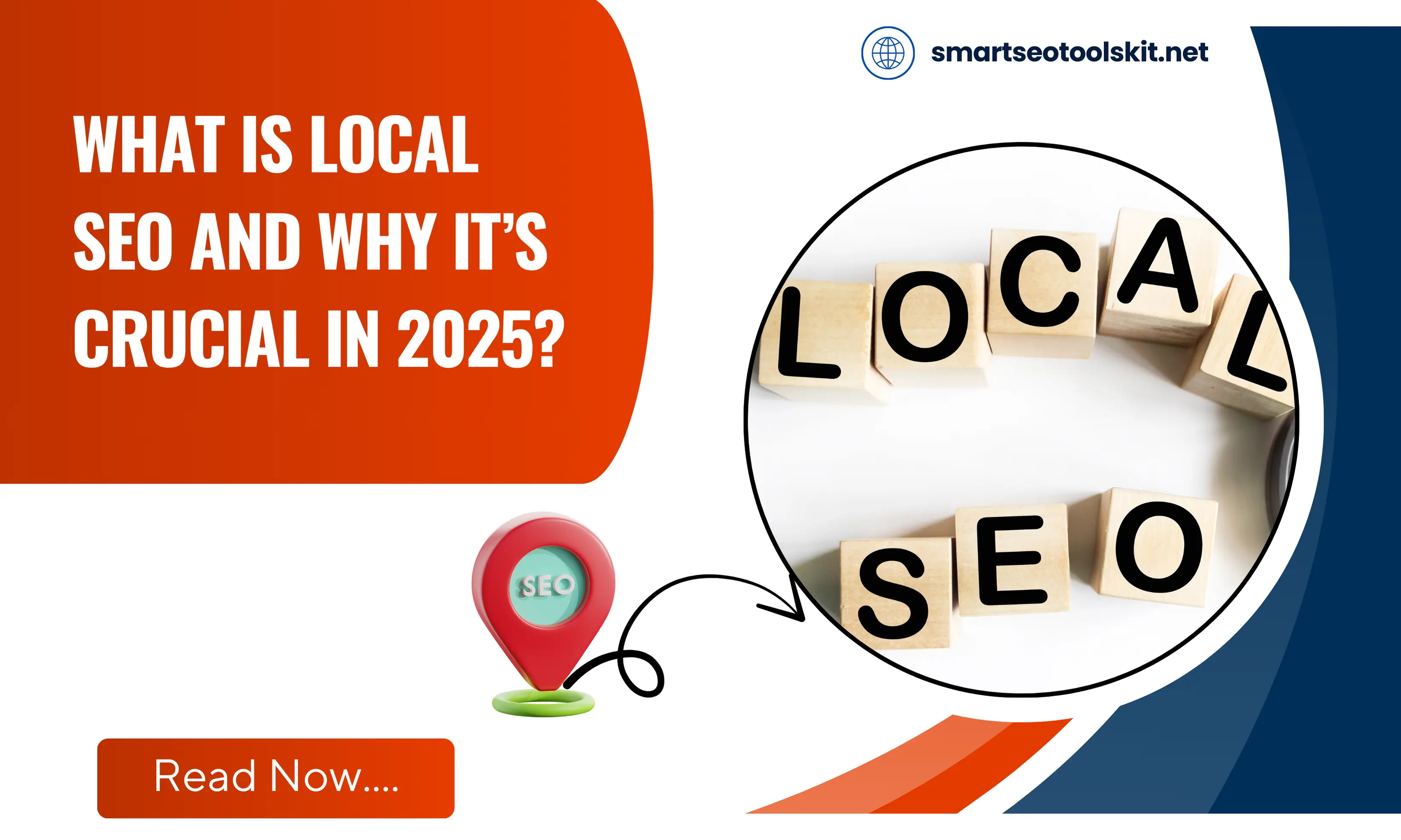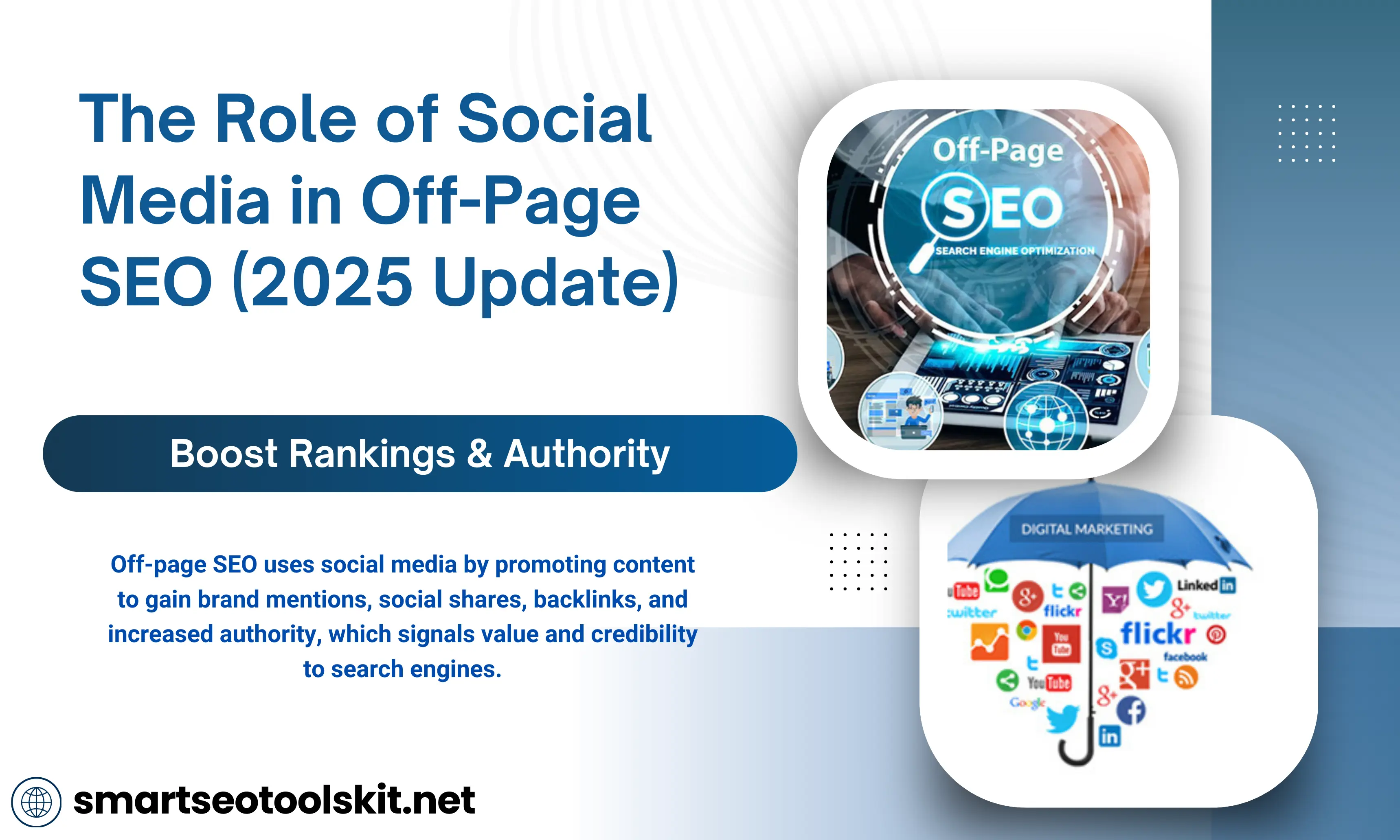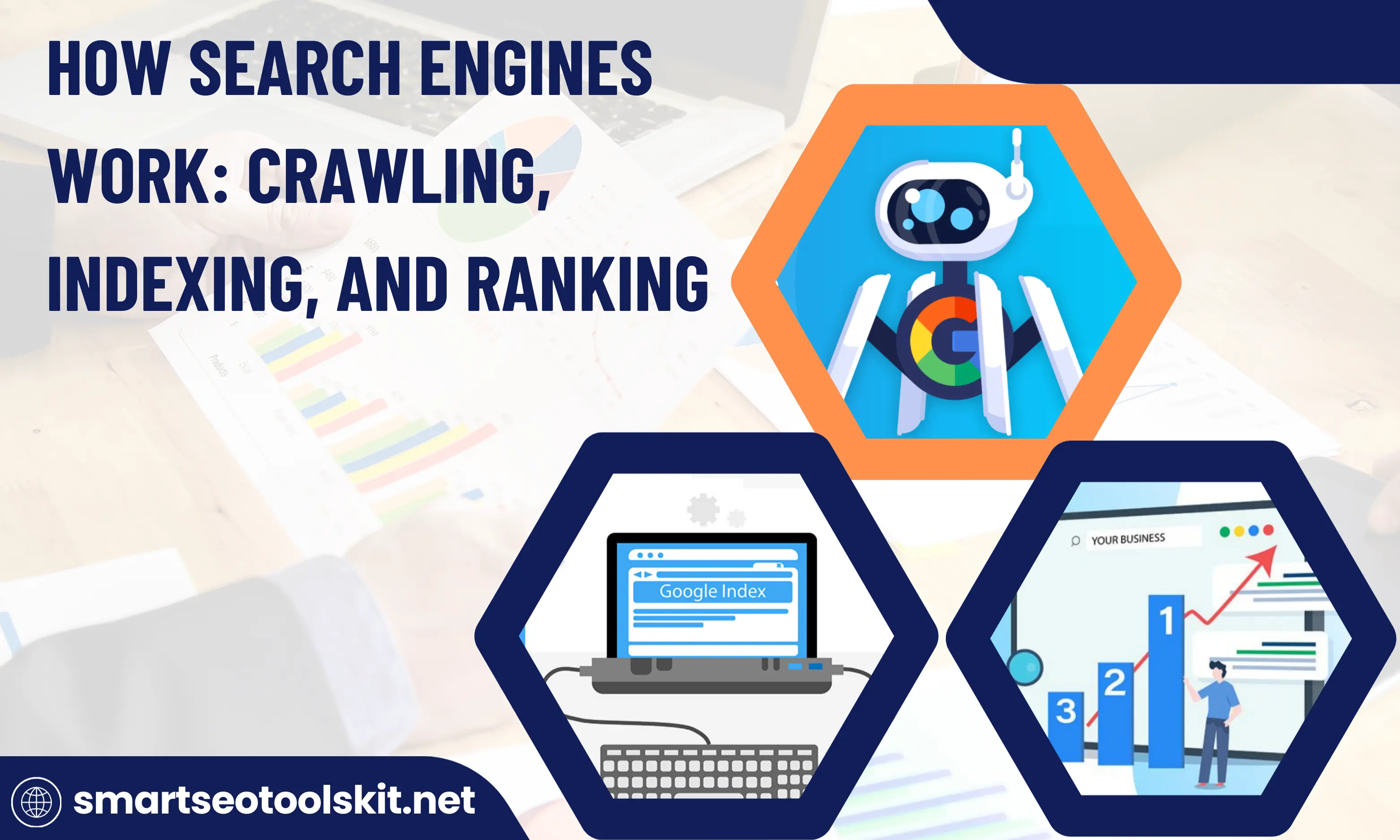When most people hear the term SEO, they instantly think about keywords, meta tags, and optimizing content on their website. While that’s an important piece of the puzzle (on-page SEO), there’s another equally important — if not more powerful — side to SEO: off-page SEO.
And if you’re serious about ranking high on Google in 2025, you can’t afford to ignore it.
Off-page SEO is all about what happens beyond the boundaries of your own website. Some say it’s just link building. Others think it’s all about social media. But in reality, off-page SEO is much more than just backlinks and likes — It’s about building trust, authority, and credibility in the eyes of both search engines and your target audience.
Think of your website as a store in a huge city (the internet). On-page SEO is how you arrange your store inside — the décor, the shelves, the signs. But off-page SEO? That’s your store’s reputation in the entire city. It’s what people say about you when you’re not in the room.
And in 2025, with Google’s AI-driven ranking updates and user experience becoming more important than ever, off-page SEO isn’t just important — it’s critical.
In this complete guide, we’ll break down exactly what off-page SEO is, why it’s so important in 2025, and the best strategies you can use to improve it.
What Is Off-Page SEO?
Off-page SEO (sometimes called off-site SEO) refers to all the optimization activities you perform outside your own website to improve your rankings in search engines like Google and Bing.
While on-page SEO focuses on what you can control on your site (content quality, internal linking, site speed, meta tags), off-page SEO is about how the rest of the internet interacts with and perceives your website.
Some of the most common off-page SEO techniques include:
In short, off-page SEO is the online reputation management for your website.
Why Is Off-Page SEO Important in 2025?
Google uses over 200 ranking factors, but not all of them live on your site. In fact, off-page signals often determine whether your site deserves to outrank competitors in competitive niches.
Here’s why it’s more important than ever in 2025:
1. Google’s AI Ranking Evolution
With the Search Generative Experience (SGE) and AI-driven algorithms, Google now relies heavily on signals of trust, expertise, and credibility. If your brand isn’t referenced outside your site, you risk invisibility.
Go In Depth: Google Search Generative Experience (SGE): Optimize Your Site With Free Tools
2. E-E-A-T Matters More Than Ever
Google evaluates your site’s Experience, Expertise, Authoritativeness, and Trustworthiness through off-page signals like backlinks from authoritative sites, media mentions, and positive reviews.
Go In Depth: E-E-A-T in 2025: What it is & How to optimize your website for E-E-A-T?
3. Saturated Markets Need Reputation Differentiation
In 2025, almost every industry niche is flooded with content. Off-page SEO is your competitive edge — it shows you’re not just another site, but a trusted voice in your field.
4. Traffic Diversification
Relying only on organic clicks from Google is risky. Off-page SEO brings traffic from social media, YouTube, podcasts, forums, and referral sites, reducing dependency on one channel.
Core Components of Off-Page SEO in 2025
To dominate off-page SEO, you need to understand its key elements. Let’s break down the main pillars.
1. Link Building (Still King, But Smarter)
Backlinks remain the cornerstone of off-page SEO. They’re like digital “votes” from other sites telling Google, “Hey, this site is trustworthy and worth ranking.”
But in 2025, Google is much better at detecting spammy or manipulative links. It values quality over quantity.
Also Read: 10 Advanced Link Building Strategies for 2025: Boost Your SEO & Rankings
Types of High-Value Backlinks
👉 Editorial Backlinks – Naturally earned when other sites reference your content because it’s valuable.
👉 Guest Post Backlinks – From contributing high-quality articles to niche-relevant websites.
👉 Resource Page Links – Inclusion in curated resource lists or industry directories.
👉 Broken Link Replacements – Offering your content to replace dead links on other sites.
2025 Link Building Best Practices
👉 Prioritize contextual links (inside the main body content).
👉 Target DR 50+ websites relevant to your niche.
👉 Avoid low-quality link farms and irrelevant guest posts.
👉 Use digital PR to naturally earn mentions in news outlets.
2. Brand Mentions (Even Without Links)
Google’s algorithm now recognizes unlinked brand mentions as an authority signal. If your brand is referenced in trusted publications or discussions, it boosts your credibility.
How to Generate Brand Mentions
👉 Collaborate with industry influencers to talk about your product.
👉 Get featured in industry roundups or expert quotes.
👉 Be active on platforms like Reddit, Quora, and LinkedIn, where niche conversations happen.
3. Social Media Signals
While social shares aren’t direct ranking factors, their indirect impact is huge. Viral posts drive referral traffic, increase brand visibility, and often lead to natural backlinks.
Social Media Off-Page Tips
👉 Create platform-specific content (Instagram videos, LinkedIn posts, Twitter threads).
👉 Use trending hashtags relevant to your industry.
👉 Engage with your audience through polls, Q\&A sessions, and live streams.
4. Digital PR
Digital PR combines traditional public relations with modern SEO goals. It’s one of the fastest ways to gain authoritative backlinks and media coverage.
Effective Digital PR Strategies
👉 Publish original research or data reports journalists want to cite.
👉 Create interactive tools or infographics that are newsworthy.
👉 Use HARO (Help a Reporter Out) or Qwoted to respond to journalist requests.
5. Content Marketing Beyond Your Website
Off-page content marketing is about taking your expertise outside your own domain.
Examples:
👉 Guest Blogging – Write for other high-authority sites.
👉 Podcasts – Appear as a guest or start your own show.
👉 Webinars & Virtual Events – Collaborate with other brands.
👉 YouTube SEO – Google loves video results in SERPs.
Also Read: 6 Game-Changing Content Marketing Strategies You Can’t Ignore in 2025
6. Local SEO & Citations
For local businesses, citations are key off-page factors. Citations are online mentions of your Name, Address, and Phone Number (NAP) in trusted directories.
Action Steps for Local SEO in 2025:
👉 Claim and optimize your Google Business Profile.
👉 Submit to niche-specific directories (Yelp, Justdial, TripAdvisor).
👉 Actively encourage Google reviews — and respond to them promptly.
7. Forums, Q\&A Sites, and Communities
Participation in online communities can position you as an industry thought leader.
👉 Share insights on Quora, Reddit, and Stack Exchange.
👉 Join Facebook groups or niche Slack communities.
👉 Focus on value-first engagement, not just dropping links.
8. Influencer Collaborations
Influencers are modern-day authority amplifiers. Even in B2B niches, partnering with the right micro-influencers can lead to increased trust and natural backlinks.
Off-Page SEO vs On-Page SEO: The 2025 Perspective
How to Create an Off-Page SEO Strategy in 2025
Here’s a step-by-step roadmap:
1. Audit Your Current Position
👉 Use Ahrefs, SEMrush, or Moz to analyze your backlink profile.
👉 Search your brand name to see where you’re mentioned.
2. Analyze Competitors
👉 Find competitor backlinks you don’t have.
👉 Check which journalists, blogs, or influencers cover them.
3. Build Link-Worthy Assets
👉 Publish guides, tools, or research that naturally attract backlinks.
4. Outreach with Value
👉 Personalize every pitch.
👉 Focus on relationships, not one-off transactions.
5. Track & Optimize
👉 Monitor referral traffic, brand searches, and ranking improvements.
Off-Page SEO Mistakes to Avoid in 2025
👉 Buying cheap backlinks from spammy sites.
👉 Overusing exact-match anchor text (looks manipulative).
👉 Ignoring unlinked brand mentions.
👉 Forgetting reputation management (bad reviews can hurt SEO).
👉 Relying only on one tactic instead of a balanced approach.
How to Measure Off-Page SEO Success
👉 Domain Authority / Domain Rating improvements.
👉 Growth in referring domains.
👉 Increase in brand name searches.
👉 Higher organic traffic & SERP positions.
👉 Improved reputation score from reviews and mentions.
The Future of Off-Page SEO Beyond 2025
Off-page SEO will keep evolving alongside Google’s AI updates. Expect:
👉 More weight on brand authority and entity-based SEO.
👉 Greater emphasis on reputation management.
👉 Voice search optimization and mentions in voice assistant results.
👉 Authentic, relationship-driven link building over automated tactics.
Conclusion
Off-page SEO in 2025 is about trust and authority, not shortcuts. It’s the digital equivalent of word-of-mouth marketing — and it takes time, strategy, and genuine value to get right.
When people trust your brand, search engines trust you too — and that’s when rankings (and traffic) follow.
So, whether you’re a small business owner, a blogger, or a marketing pro, make off-page SEO a long-term investment. Build relationships, create share-worthy content, and always put value first.
Because at the end of the day, SEO isn’t just algorithms and keywords — it’s about people talking about you in a good way. And when that happens, the search engines take notice.
Frequently Asked Questions (FAQs)
Q1: What is off-page SEO and why is it important?
Off-page SEO refers to all activities done outside your website to improve its search engine rankings, such as backlink building, brand mentions, and social signals. It’s important because it builds your site’s authority, credibility, and trust, helping Google see it as valuable and deserving of higher rankings.
Q2: What are the best off-page SEO strategies to use in 2025?
The best off-page SEO strategies in 2025 include earning high-quality backlinks from authoritative sites, generating brand mentions, running digital PR campaigns, engaging on social media, and building local citations. These methods increase visibility, build trust, and improve your search engine rankings in a competitive online environment.
Q3: How does off-page SEO help with E-E-A-T?
Off-page SEO supports E-E-A-T by earning authoritative backlinks, media coverage, and positive brand mentions. These external signals help Google determine your expertise, experience, authoritativeness, and trustworthiness, which are essential for ranking well in competitive niches, especially with Google’s AI-driven algorithms in 2025.
Q4: Can off-page SEO include social media, and does it boost rankings?
Yes, off-page SEO can include social media. While social shares are not direct ranking factors, they increase brand awareness, drive referral traffic, and help earn natural backlinks. These benefits indirectly improve your website’s authority and search engine performance over time.
Q5: What’s the difference between off-page SEO and on-page SEO?
On-page SEO focuses on optimizing elements within your website, such as content, keywords, and structure. Off-page SEO involves external actions like link building, brand mentions, and social engagement to improve your site’s reputation and authority. Both are necessary for achieving strong and sustainable search rankings.
.png)

